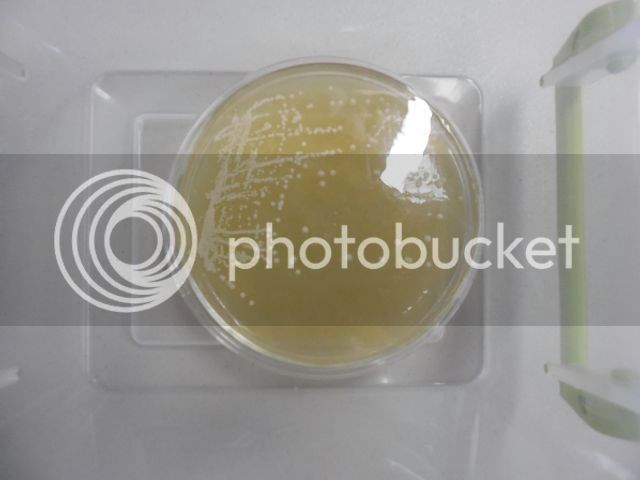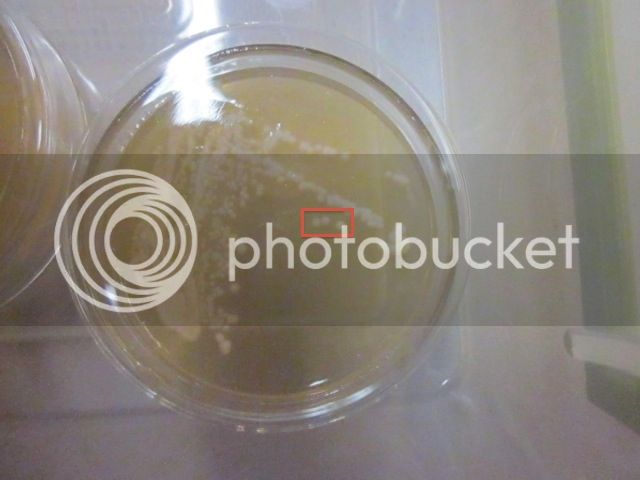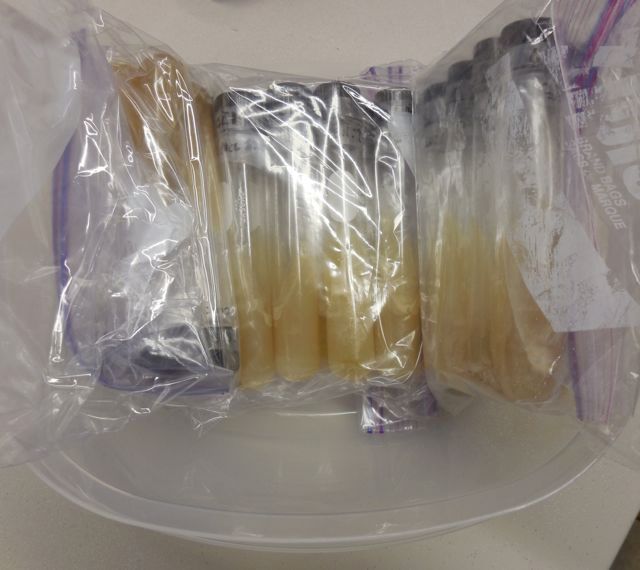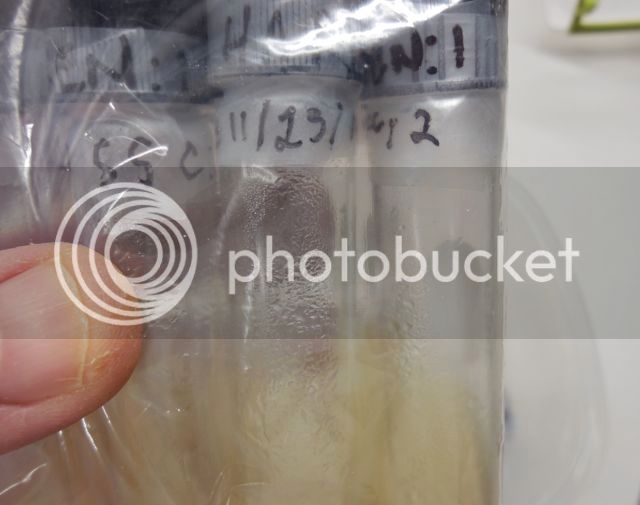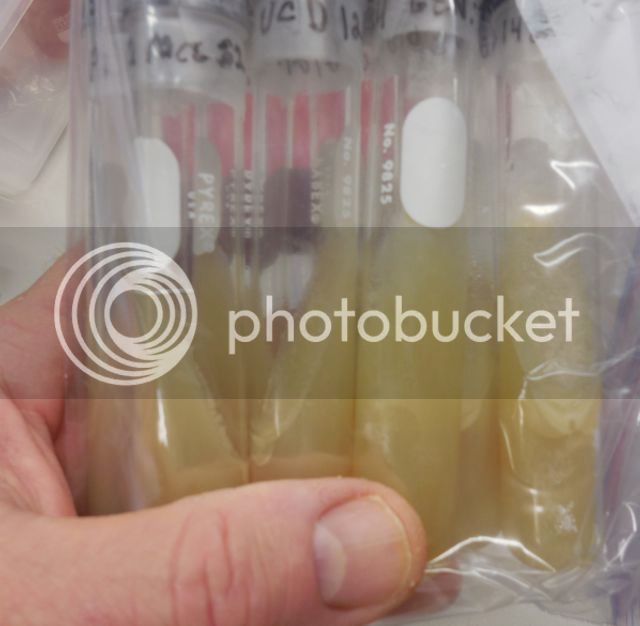Gotta disagree with your knock on dry yeast man. I've been brewing for several years and have a large yeast bank of bottle harvested and washed yeast. That said I find dry yeast very convenient for my basic brews. The quality of the dry yeast available to us today is light years beyond what was available even 10-15 years ago. Plenty of brews that I'll use washed yeast or buy liquid yeast and make a starter for, but just about anything I brew with Chico strain is getting Safale US-05! I just don't think you should let your predisposition to liquid yeast make a newer brewer think that they can't make good beer with dry yeast, because that's not true.
First off, I do not brew with liquid yeast. I brewed with cultured yeast, which is not quite the same thing. The difference between a dry culture and a lab-quality culture is bigger than the difference between extract and all-grain beer.
Secondly, you do know that rinsing yeast with boiled tap water and storing yeast under boiled tap water is a practice that is not supported by science? You will not find the practice mentioned in any brewing science or brewing-related microbiology textbook. It is pure amateur brewer voodoo that is more likely to result in an infected culture than a pure culture because boiled water is not sterile (water must be autoclaved to render it sterile), and replacing green beer with water removes the protective shield that the culture built for itself during fermentation.
I have a lot of experience managing lab-quality brewing yeast in a home brewery environment. Here's what properly stored yeast cultures look like:
Regardless of source, all cultures must be plated for singles in order to assure purity.
Scottish and Newcastle's Tyneside Culture
Southern Tier's Pitching Yeast
Single Colonies from plates are transferred to slants for long-term storage.
My Current Bank
Cultures that I Isolated from Brewery Sources
The slant shown above on with the letters "HAR" written on the Parafilm is Harpoon's culture.
Cultures That I Plated from Culture Collection Sources
I stand by my assertion that dried yeast, while better than it was ten years ago, is nowhere near as good as cultured yeast or even fresh liquid cultures because a) dried yeast is propagated aerobically in a medium that consists mostly of molasses (i.e., dried yeast never goes through anaerobic fermentation with malt-derived carbon sources until it is pitched into a batch of wort), and b) dried yeast manufacturers have higher acceptable levels of contamination than liquid culture manufacturers. The only advantage that dried yeast offers is ease of use.



